
ICEJ grants help evacuated Israeli families cope with war
Published on: 1.3.2024By: Jonathan Parsons
The ongoing war with Hamas has forced thousands of residents from towns near the Gaza border to evacuate and seek temporary housing across Israel. The Christian Embassy is doing all we can to help the more than 200,000 Israeli families who have been displaced by the fighting, including special grants to help ease the burden on families with at-risk children.
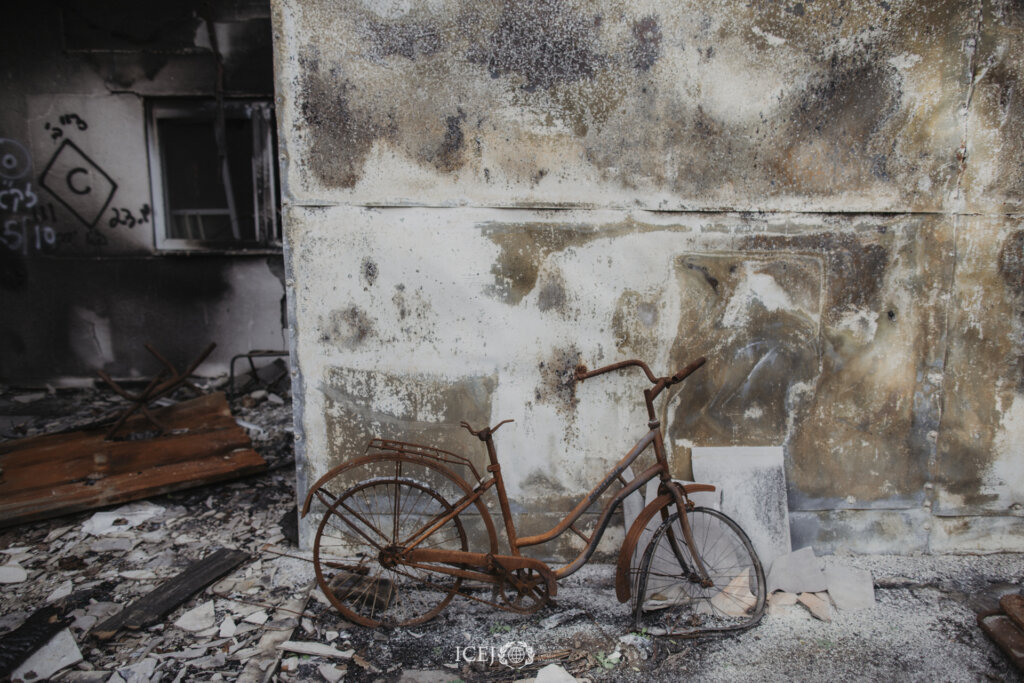
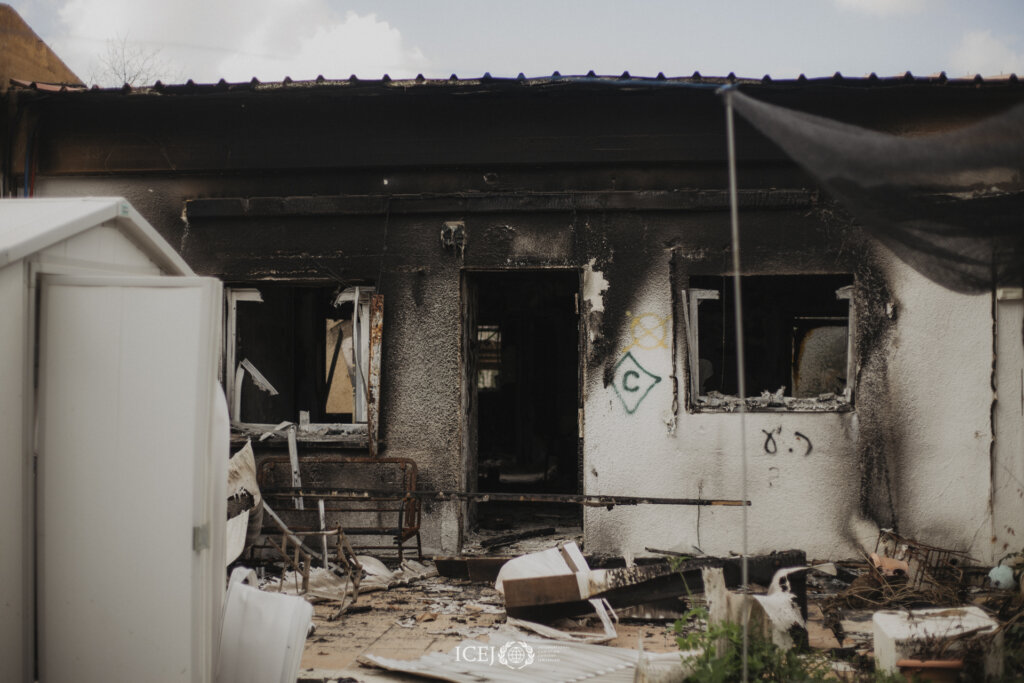
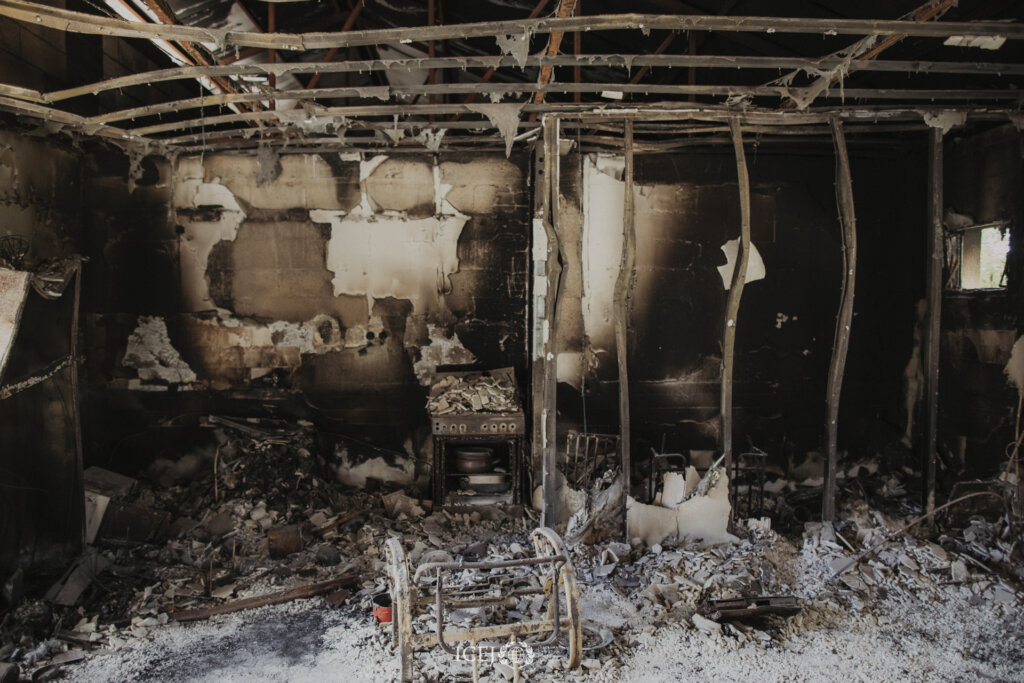
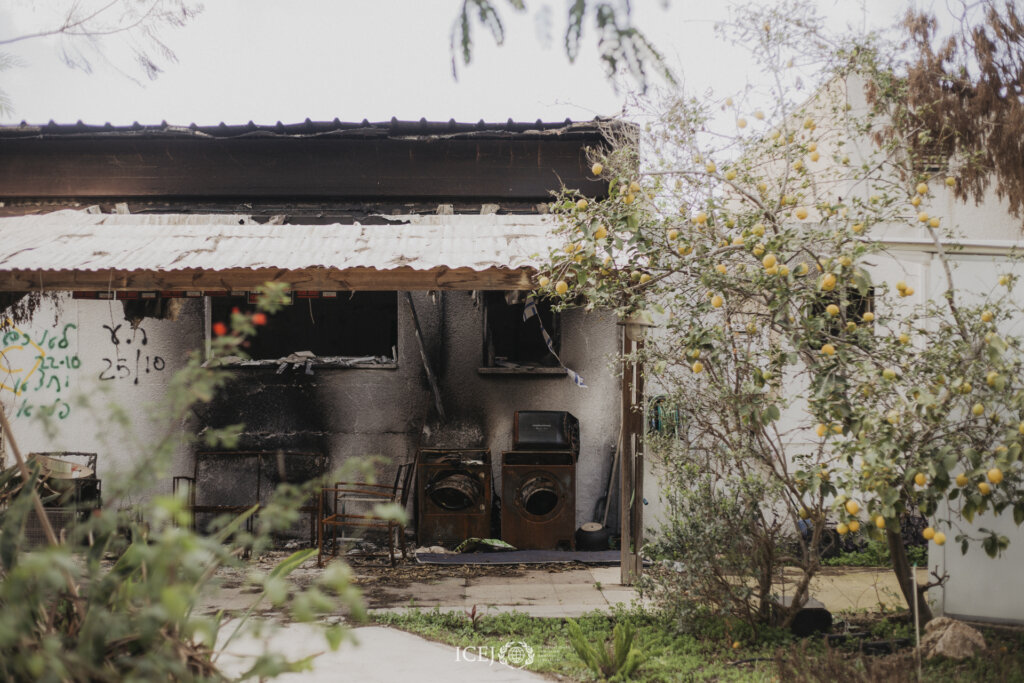
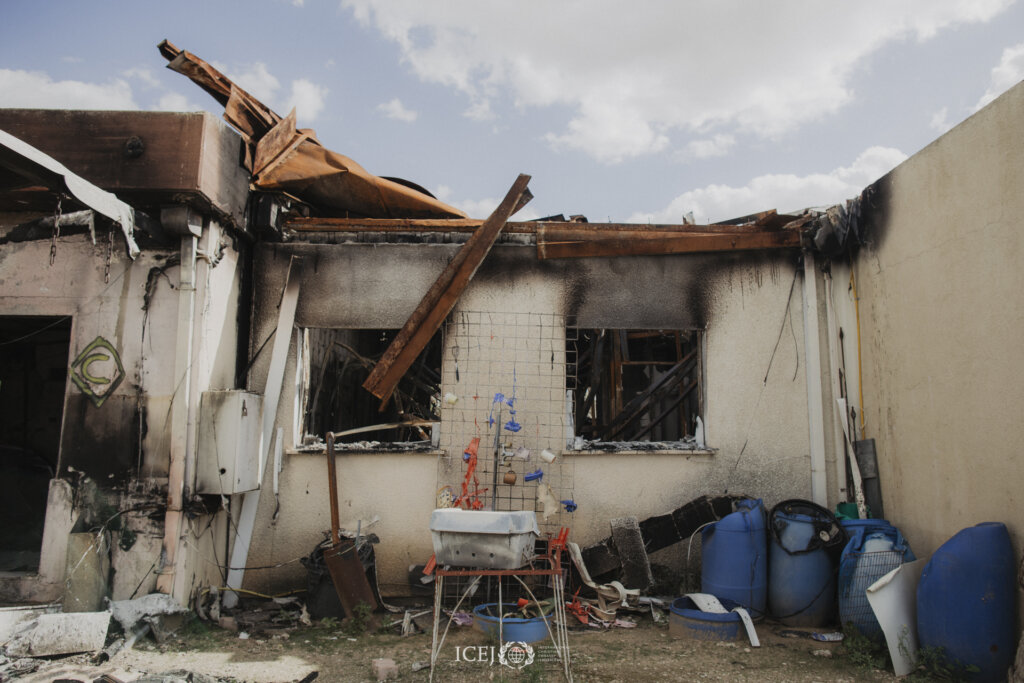
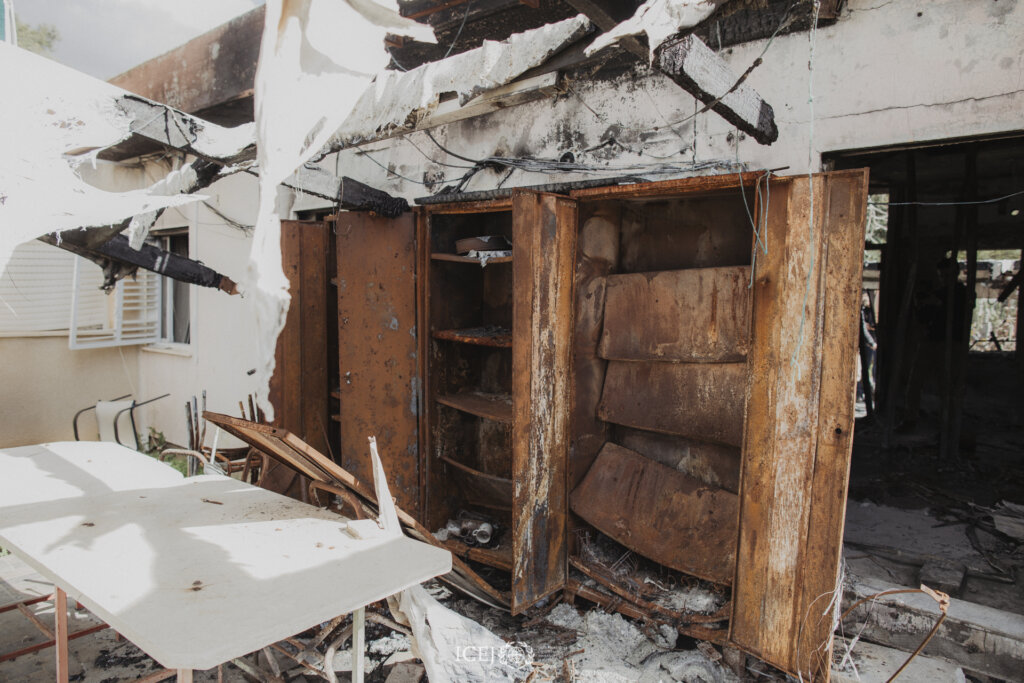
The ICEJ AID team recently had the privilege of meeting with Lital and Gafnit, two parents of children who benefited from these grants to the At-Risk Children and Families support program, ‘Youth Futures’. This program supports children from grades 4 to 9 who might be troubled socially and educationally or at risk in other ways by providing a specialized ‘mentor’ who accompanies and guides the children over three years in school and their personal lives.
On October 7th, Lital and Gafnit were both directly affected by the outbreak of war following the large-scale invasion of Hamas terrorists through the Gaza border into Israel.
Lital, who lives in Shokeda, a town sitting only two kilometers from the devastated Kibbutz Be’eri, was violently awoken by the sirens and explosions on that fateful Saturday morning. She and her family were evacuated from their home on Monday, leaving for Sde Boker and eventually settling in Neve Ilan, in the Jerusalem hills. The chaos had left her daughter Hallel in great distress.
“She was afraid of going outside or leaving the hotel room”, shares Lital.
Thankfully, the ICEJ grants are a tremendous help for families in difficult situations such as Lital’s. The donation was used to enroll Hallel in therapeutic horse-riding classes at a nearby ranch.
“It was a sigh of relief,” said Lital, describing her reception of the financial aid. “It came just in time! The lessons provided by your donation really furthered Hallel and gave her the confidence to go out again, and helped change her outlook.”
In the end, the change was dramatic. Hallel even wanted to stay where they were and not go home. She was still afraid of attacks in the South. Lital shared that the family returned home slowly. Not all the communities are back yet, though schools have begun, so a gradual return is anticipated.
Gafnit, who is a single mother and national insurance manager, was evacuated to Eilat from her home in Ma’agalim (near Shokeda), together with her special-needs son Adir and two daughters on that ‘Black Saturday’. The relocation brought financial strain, which persisted until their eventual return to their home a month later.
Gafnit confided that, “This was the worst month of my life and the worst for Adir as well. He was in depression there. Food was a problem. He lost weight. He didn’t find himself in the new school he attended and didn’t have any friends there. Also, it was difficult for me to work while there.”
“I got my daughter to take Adir around to get him out of the hotel room. He thought that all his friends were at home, and he wanted to go back there. He only wanted to be at home, even with ongoing attacks from Gaza. He waited there for his friends to return. I had to continue paying all the bills, rent, etc. We didn’t receive any support like some of the other communities that were more damaged. At least we were alive, but it felt like we were the only ones who didn’t get helped,” continued Gafnit.
The emotional distress and financial struggles continued. Their house needed repairs because of the neglect and effects of the war.
It was at this moment of need that she received the grant.
“You came just in time!” she insisted.
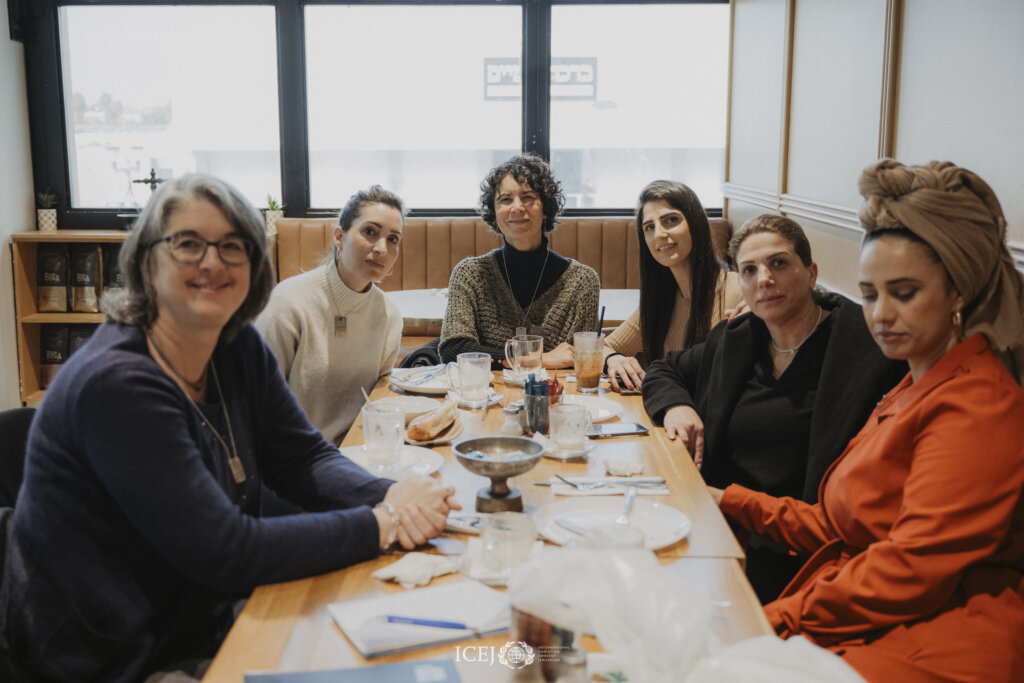
As we ended our conversation, Gafnit expressed her deep appreciation for the assistance provided by the ICEJ.
“I want to say thank you for your help. It was so special. The help came exactly after we came home from Eilat.”
“In this maelstrom of political strife and security troubles, you [the ICEJ] are a new beginning, a freshly flourishing bud of something new,” she added. “Israelis have largely forgotten, but you are reminding us of the meaning of ‘love your neighbor.’”
We can all learn from Gafnit’s final observation: “There is a lot of human strength in togetherness. All this has reminded me that we cannot be anyone else. We aren’t like the USA. We are in the Middle East. We must always be there for one another. We have nothing else and nowhere else to go. We are discovering that we must find unity because the lack of unity could destroy us, not our enemies.”
The 14 Israeli families who received these grants want to thank their Christian friends for caring and helping in their desperate time of need. Please continue to support our ‘Israel in Crisis’ fund to enable us to assist more displaced Israeli families and other urgent needs arising from the war.
Give today at: help.icej.org/crisis.